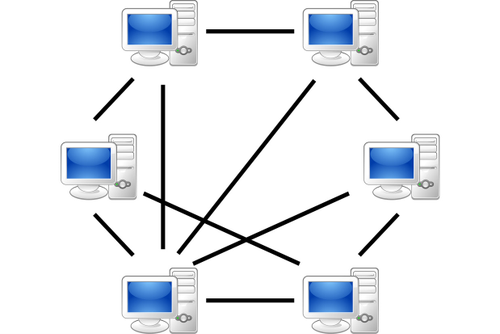Product Description
Abstract
“What are the essential components of a good quality education in a university?” the Department of Philosophy at San Jose State University asked Harvard professor Michael Sandel, the instructor for the free online course JusticeX. The department's open letter to Sandel culminated a few years in which massive open online courses, or MOOCs, were rapidly developed. Designed to solve the problem of educating the world, MOOCs offer free enrollment, video lectures, and online assignments; many offer certificates for a small fee or license their content to brick-and-mortar academic institutions. However, when the State of California considered constraints in its educational offerings and budget—proposing that MOOCs be accepted as college credit—the Department of Philosophy at San Jose State questioned whether MOOCs could and should substitute for classroom education.
This background note surveys the rise of industry leaders Coursera, Udacity, and EdX; outlines common MOOC business models; and provides context for the San Jose State open letter. Readers will find themselves prepared to adopt the position of a stakeholder and negotiate best practices for online education.
Learning Objectives
- Identify a systematic approach to problem solving when faced with an unresolved issue or new situation.
- Consider the role of cyberspace in expanding the public realm worldwide.
- Consider the purpose of legal education as well as the repercussions and constraints of offering legal education online.
- Analyze past approaches to solving the problem of educating the world.
- Understand the points of view of various stakeholder groups and, in light of these perspectives, articulate best practices for free online education.
Subjects Covered
Legal education, online education, distance learning, academic technology, public education
Setting
Geographic: United States
Industry: Education, Technology
Event Start Date: 2011
Accessibility
To obtain accessible versions of our products for use by those with disabilities, please contact the HLS Case Studies Program at hlscasestudies@law.harvard.edu or +1-617-496-1316.
Educator Materials
Registered members of this website can download this product at no cost. Please create an account or sign in to gain access to these materials.
Note: It can take up to three business days after you create an account to verify educator access. Verification will be confirmed via email.
For more information about the Problem Solving Workshop, or to request a teaching note for this case study, contact the Case Studies Program at HLSCaseStudies@law.harvard.edu or +1-617-496-1316.
Additional Information
The Problem Solving Workshop: A Video Introduction
Is Online Education Supporting or Suppressing the Public Domain?
Case Studies in Cyber-Citizenship
Crash Course on Flipped Classrooms
Copyright Information
Please note that each purchase of this product entitles the purchaser to one download and use. If you need multiple copies, please purchase the number of copies you need. For more information, see Copying Your Case Study.






